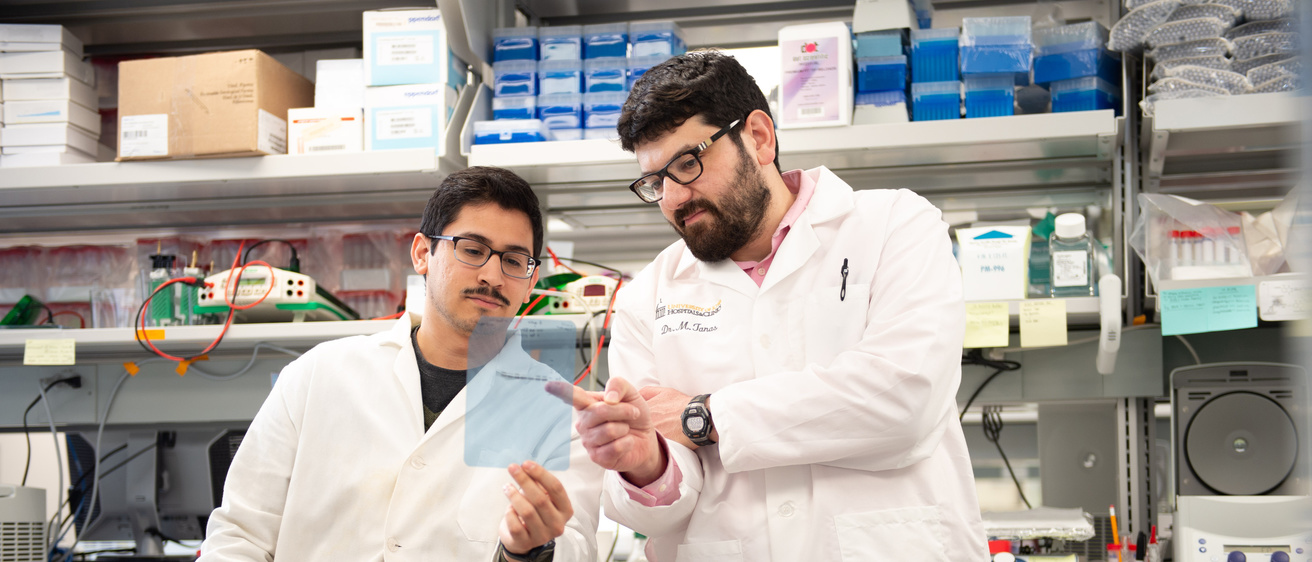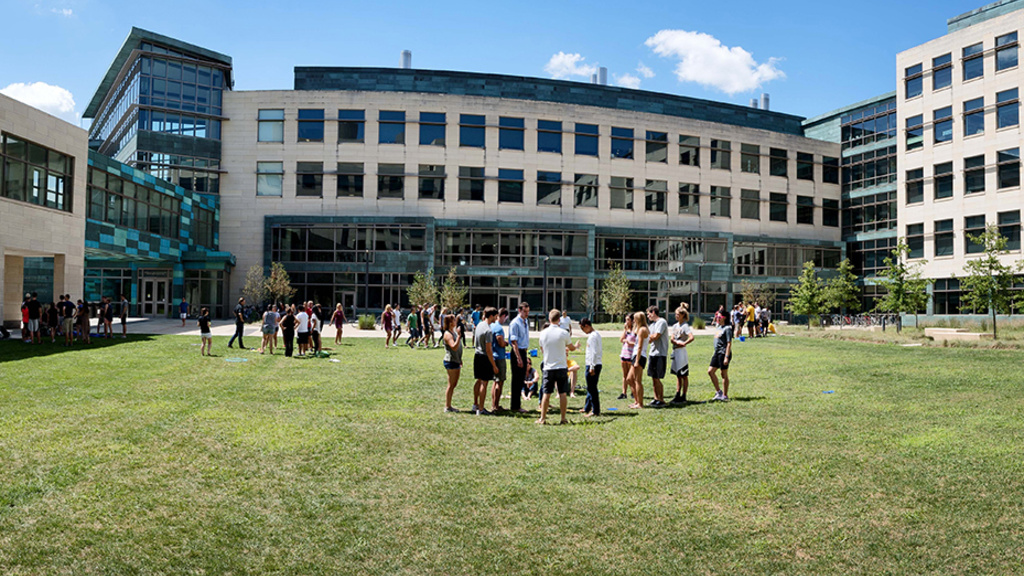This program's mission is to provide students with:
- Advanced knowledge in current concepts in molecular, cellular, and genetic processes that contribute to the development and treatment of cancer
- Specialized training in experimental methodology used to study cancer in a laboratory setting
- Required shadowing of clinical oncologists to help identify clinically-relevant research questions leading to projects with a potential impact on cancer patients
Learn about our program's curriculum
Curriculum Overview
The Graduate College requires the satisfactory completion of 72 semester hours in order to obtain a Ph.D.
Required Courses
For the first year, students take common courses with other Biomedical Science students.
Cancer is a term that encompasses over 210 different types of malignancies, each with a unique set of biological, etiological, and clinical features. Cancer researchers continue to widen their scope as more is learned, requiring a breadth of knowledge in many areas of research (e.g. cell biology, genetics, immunology, and cell metabolism) to understand the complexities of cancer etiology and treatment.
The Cancer Biology Program provides this knowledge through classroom and research training leading to a PhD degree, and preparing students for a variety of career paths in academic, clinical, and industry environments dealing with the study and/or treatment of cancer.




